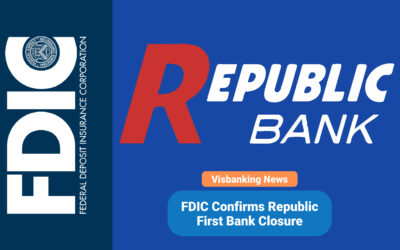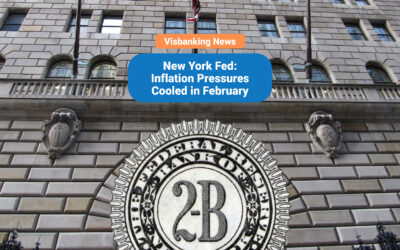When the Federal Reserve Board meets on October 25, debit card swipe fees are expected to be one key discussion topic. The Fed’s website notes that board members will be discussing the fee cap at that meeting. However, no details about planned changes have been revealed at this point. Still, a report in the Wall Street Journal suggests that the board will propose a lower cap.
The cap on debit card swipe fees
The cap on debit card swipe fees has been in place since the 2010 Dodd Frank financial reform legislation. That law required the Federal Reserve to set a “reasonable and proportional” cap on those fees. In response, the Fed established a cap of 21 cents and 0.05% of the transaction amount per transaction. Additionally, banks are permitted to charge an additional one cent per swipe for fraud prevention.
Critics have long charged that the Fed’s established cap is neither reasonable nor proportional to transaction costs. As evidence, they cite a Fed survey that found that the cap was set at roughly three times what the law should have allowed based on actual transaction costs from 2009.
More recently, the Fed confirmed that the average bank transaction cost in 2019 was only 3.9 cents. That means that the current cap is set at more than five times the cost banks incur for these transactions. Of course, prior to the 2010 law, banks were assessing an average fee of 45 cents per transaction. Nevertheless, retailers have long complained that more could be done to reduce those costs.
Reducing business costs
Aside from labor, card fees remain one of the biggest costs merchants incur. And since those costs get passed on to consumers, estimates suggest that they cost the average family more than a thousand dollars a year. Experts have also reported that when the cap reduced the old fees by more than half, merchants passed those savings on to their customers.
The issue of bank debit card swipe fees comes as rising prices continue to plague American families. Advocates for a cap reduction argue that the move could help to restrain price pressures even as the Fed continues its battle against inflation. Meanwhile, the Supreme Court has agreed to hear a case involving this issue. That case argues that the current cap was set higher than Congress intended.




